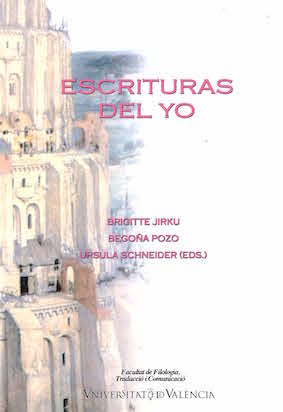Stefan Zweig’s Hidden Self behind his Free Version of Volpone
DOI:
https://doi.org/10.7203/qf-elit.v16i0.3950Keywords:
Authorial Presence, Zweig, Adaptation, Volpone Abstract
Abstract
The aim of this article is to uncover the authorial self hidden behind Stefan Zweig’s free adaptation of Jonson’s Volpone, as a means of accounting for the play’s puzzling character construction, atmosphere and dramatic structure. Comparison with similar characters and situations in other fictional works by the same author help draw a behavioural pattern that closely resembles that of the playwright himself. Substantial evidence from Zweig’s diaries, as well as letters written by and addressed to him further support my hypothesis. It is further confirmed by the accounts given by his first wife and some of his closest friends on Zweig’s unbalanced personality, his acute awareness of xenophobia and his lifelong dread of violence, which, as in his lieblose Komödie, made him constantly look for an outlet either in exile or death.
 Downloads
Downloads
Downloads
How to Cite
-
Abstract247
-
PDF (Español)688
Issue
Section
License
 Este obra está bajo una licencia de Creative Commons Reconocimiento-NoComercial-SinObraDerivada 4.0 Internacional.
Este obra está bajo una licencia de Creative Commons Reconocimiento-NoComercial-SinObraDerivada 4.0 Internacional.
Authors who publish with this journal agree to the following terms:
- Authors retain copyright and grant the journal right of first publication with the work simultaneously licensed under a Creative Commons Attribution License that allows others to share the work with an acknowledgement of the work's authorship and initial publication in this journal.
- Authors are able to enter into separate, additional contractual arrangements for the non-exclusive distribution of the journal's published version of the work (e.g., post it to an institutional repository or publish it in a book), with an acknowledgement of its initial publication in this journal.
- Authors are permitted and encouraged to post their work online (e.g., in institutional repositories or on their website) prior to and during the submission process, as it can lead to productive exchanges, as well as earlier and greater citation of published work (See The Effect of Open Access).



